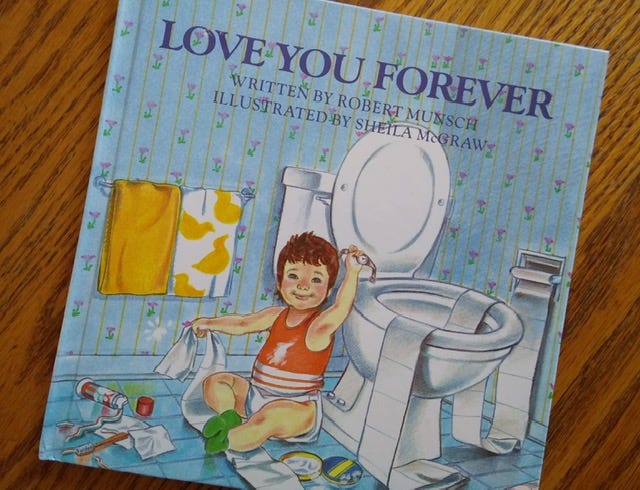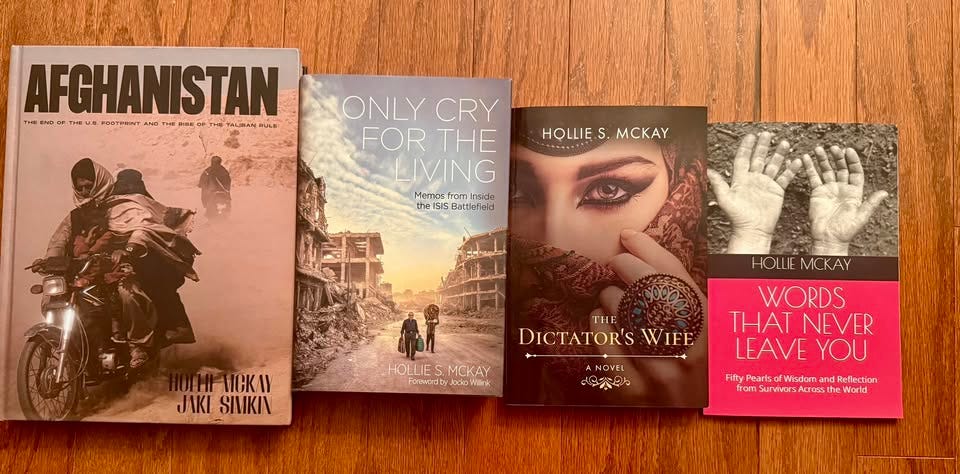There are books that entertain.
Books that inform.
And then—there are books that reach in and shift your very spirit.
These are the six that did that for me.
Each found me in a different season of my life, but all left something in me that remains indelible. Some carved their way in through horror. Others healed with a whisper. One reminded me of a first dream I thought I had long let go.
Here they are—with the quotes I return to, time and again.
1. Hiroshima by John Hersey
“The doctors found that the people's bodies had mysteriously ceased to function properly, though there were no visible wounds.”
Hersey’s account of the Hiroshima bombing is quiet, unblinking, and agonizing in its restraint. It taught me that devastation isn’t always loud. Sometimes, the worst suffering hides beneath the skin. As a war reporter, I learned the power of bearing witness without spectacle. Of telling the truth plainly and letting it pierce.
2. Our Bodies, Their Battlefields by Christina Lamb
“Rape is not a byproduct of war; it is a weapon of war.”
This book landed like a gut punch. Lamb does not flinch—she names what so much of the world refuses to.
As someone committed to documenting gender-based violence in conflict zones, this book reaffirmed the importance of doing the hard thing: going there, asking the painful questions, and sitting in the ache with the women whose stories we carry.
3. To Carve Her Name with Pride by RJ Minney
“She had no fear—only pride.”
The true story of Violette Szabo, a British-French spy during WWII, reads like a novel but lingers like scripture.
Her courage wasn't mythical—it was human. That’s what struck me. A mother, a widow, a daughter—choosing resistance in the face of death. Her legacy struck me: your femininity is not your weakness; it is your defiance.
4. The Essential Rumi (translated by Coleman Barks)
“The wound is the place where the Light enters you.”
In the thick of emotional exhaustion, far from home, Rumi’s verses, written so long ago, make so much sense today. They remind me that pain isn’t punishment—it is an invitation.
His words helped me understand my spiritual place in the stratosphere, the silence between wars, the pull toward something greater than flesh and fear. They showed me how to soften, even when the world seemed only to harden.
5. Holding On to the Air by Suzanne Farrell
“You begin to develop intuition—the sixth sense, almost mystical—that lets you know where the music will go before it gets there.”
Before I became a journalist, I was a dancer.
Suzanne Farrell’s memoir reminds me of that girl—disciplined, aching, searching for meaning in movement. This book speaks to the sacrifices made for art and beauty, and to the raw devotion required of women who give everything to their craft.
It taught me that grace isn’t just performance—it’s endurance.
6. I’ll Love You Forever by Robert Munsch
“I’ll love you forever, I’ll like you for always, as long as I’m living my baby you’ll be.”
No matter how many times I read this to my goddaughters or neices or my daughter, I cry. The same way my mother would cry when she read it to me as a small girl. Not because it’s sad, but because it reveals the quiet heroism of motherhood—unnoticed, unwavering, enduring across time and change.
Let me know what books have changed your life—I’d love to read them, too.
Much love,
Hollie
FOR EXCLUSIVE GLOBAL CONTENT AND DIRECT MESSAGING, PLEASE CONSIDER A PAID SUBSCRIPTION TO THIS SUBSTACK TO HELP KEEP INDEPENDENT, AGENDA-FREE WRITING AND JOURNALISM ALIVE. THANK YOU SO MUCH FOR YOUR SUPPORT.
For speaking queries please contact meta@metaspeakers.org
For ghostwriting, personalized mentoring or other writing/work-related queries please contact hollie@holliemckay.com
Follow me on Instagram and Twitter for more updates
Click to Purchase All Books Here






For much the same reason as Love You Forever, I’ll say The Runaway Bunny.
And Hannah Coulter, as a young widow. It’s quiet, but profound.
Several books categorized as science fiction brought me to a place where reading was a joy, but also an opening to a world beyond the ordinary. Roger Zelazny wrote two of them: Four for Tomorrow and Nine Princes in Amber; Isaac Azimov wrote I, Robot. These are not just space operas, but visions of humans evolving and perhaps becoming more "human".